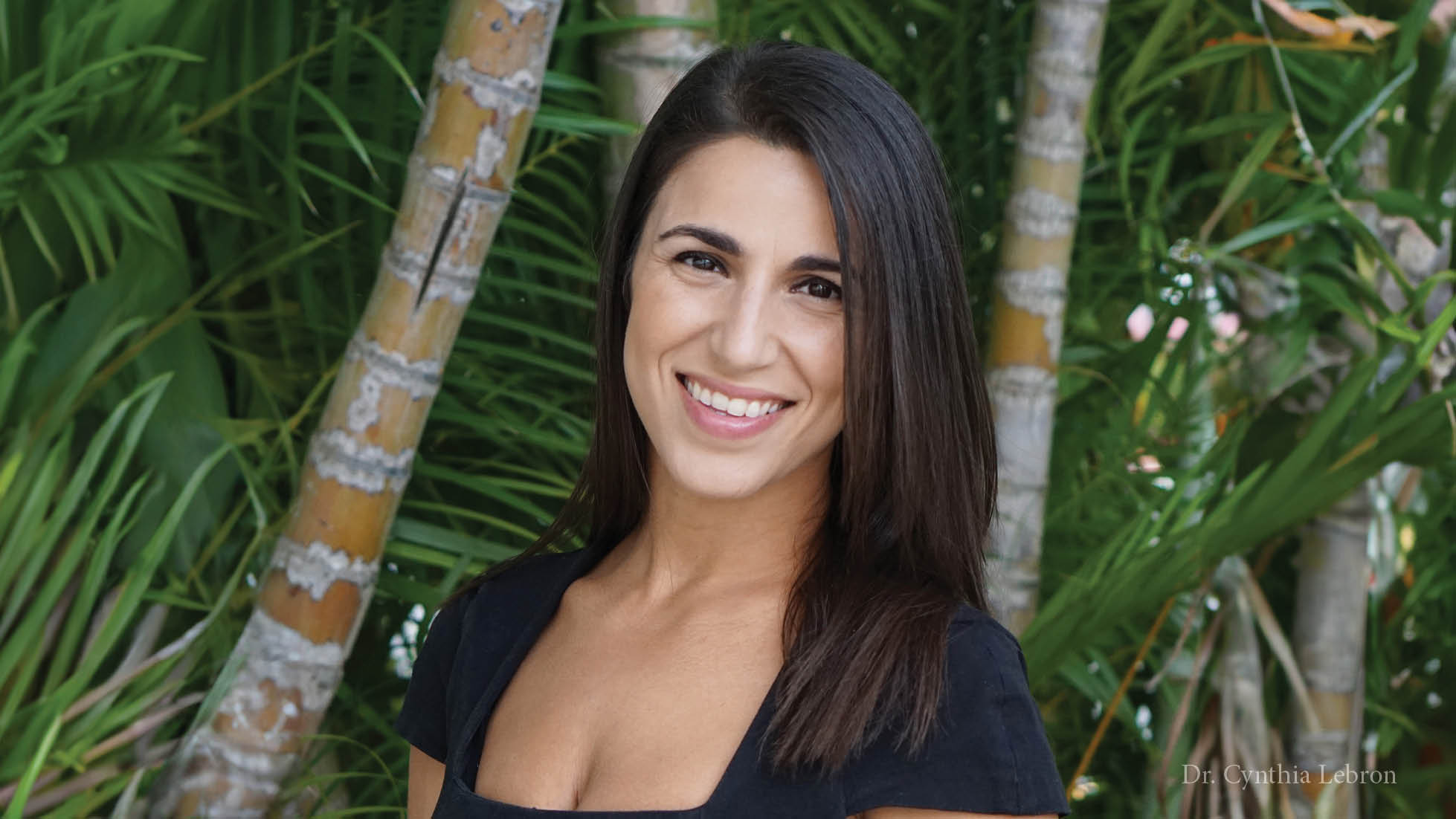Hispanic Heritage Month festivities don’t officially kick off until mid-September, but Cynthia Lebron, PhD, MPH, an assistant professor at the University of Miami School of Nursing and Health Studies, is celebrating early this year. And for good reason.
“The first American Journal for Public Health (AJPH) issue dedicated entirely to Latino/Hispanic health is here!” she announced on social media earlier this month. “I am so proud to serve as a guest editor on this historic publication. We hope this special issue impacts you as it has us!”
The idea began germinating soon after Lebron was elected president of the Latino Caucus for Public Health of the American Public Health Association (APHA) in 2022. “Realizing the Latino Caucus for Public Health’s 50th anniversary would be the following year, we made a list of goals to focus on bringing light to Latino health,” she recounted. “One of the dream goals at the top of our list was a special issue in AJPH.”
Now that dream is reality. On July 31, the peer-reviewed journal released an open-access (no paywall) special issue featuring 19 scholarly papers, essays, editorials, and field reports—all related to the health and well-being of the Hispanic population, with abstracts provided in both English and Spanish. “First and foremost, we wanted to address the dearth of Latino health research highlighting the policies, systems, and structures contributing to health disparities,” said Lebron, a prevention scientist.
Topics range from PTSD and COVID-19, to immigration and discrimination, workforce, identity, and data equity. According to organizers, more than 175 abstracts were submitted for consideration. The colorful cover spotlights a community mural by public artist Betsy Casañas titled It has to be from here, forgotten but unshaken… “This issue is special for many reasons, but one in particular is that the idea came from Latinos, the editors and authors are Latino, the program officer funding this endeavor is Latino, the artist gracing the cover is Latino...,” said Lebron.
"We are so proud of Dr. Lebron's key role in bringing this important work to fruition," said Dean Hudson Santos, of the School of Nursing and Health Studies. "Like the Latino Caucus for Public Health, our school has a long-recognized history of contributing knowledge to the health of Latino/Hispanic people. Our Center for Latino Health Research Opportunities (CLaRO) and other related initiatives have enabled us to assemble top research leaders such as Dr. Lebron who are focused on advancing the science of Latino/Hispanic health equity."
As guest editor, Lebron coauthored two lead-in articles with Luisa Borrell, DDS, PhD, associate editor of AJPH. She also contributed her own scholarly piece, “Social Justice Is Overdue for Puerto Rican Mothers,” about reproductive injustices women of Puerto Rico have endured and how that legacy contributes to ongoing poor maternal and child health outcomes.
“We applaud your incredible leadership in making this groundbreaking special issue a reality,” stated Lebron’s Latino Caucus colleagues. “Your vision and dedication have been key in bringing this important work to life.”
Lebron credits José Ramón Fernández-Peña, MD, MPA, past APHA president and active Latino Caucus member, and a team from the Robert Wood Johnson Foundation led by Melody Esther Tulier, DrPH, MPH, MCP, for making the project possible. She also expressed thanks to the Latino Caucus “for pushing public health science and practice forward for nuestra gente (our people).”
Established in 1973, the Latino Caucus for Public Health represents unique perspectives and special public health problems common to Spanish-speaking individuals in the US. That population has grown 77% since 1986, from 14.5 to 63.7 million, according to the AJPH supplement. And, although Hispanics or Latinos represent this nation's largest minoritized group—19 percent of the total US population—they make up just 4 percent of public health faculty, 6 percent of physicians, and 5 percent of the NIH investigator pool, according to the newly released publication.
“AJPH has been around for over 100 years, and we have never had an issue dedicated to Latino health,” said Lebron. “This really showcases the need for diverse voices so that we can move closer to health equity. Anyone who wants to understand deep-rooted systems contributing to health disparities and how to move forward should read this issue.”
Access the issue: https://ajph.aphapublications.org/toc/ajph/114/S6
###

